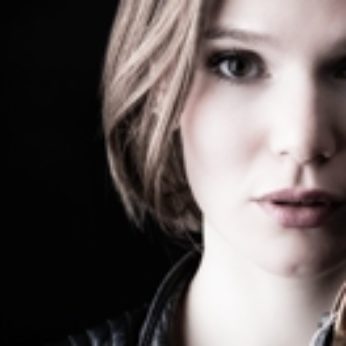Composer: Johann Sebastian Bach (b. 1685 - d. 1750)
Performance date: 02/07/2016
Venue: St. Brendan’s Church
Composition Year: circa 1720
Duration: 00:19:03
Recording Engineer: Richard McCullough, RTÉ lyric fm
Instrumentation: vn
Instrumentation Category:Solo
Artists:
Tamsin Waley-Cohen -
[violin]

The structure of the Partitas is similar to that of the Cello Suites,
with a series of dance movements preceded by a freely expressed Prelude. The E
major Partita begins with something approaching a musical explosion, a dramatic
statement of intent with no let-up or pause for the next three and a half
minutes of life on the high wire. The first dance is one of the rare
appearances of the Loure in his
music, the others being in the fifth French suite for keyboard and the C sharp
minor prelude of Book I of the 48. It has a slow and majestic tempo and is
heavily embellished and is a perfect contrast to the drama of the opening
Prelude. The Gavotte is of course a
more lively affair though still restrained beside the Prelude. The simple dance
theme reappears in rondo form sandwiched between variation episodes. As so
often with his solo instrumental works he makes the simplest, most earthbound
seeming melodies appear glimpses of eternity. The first Minuet adopts another
leisurely tempo with the characteristic clarity of rhythm and phrase so typical
of the dance. The second Minuet adopts an even slower tempo without losing the
easeful elegance of the well-known dance. Bach’s dour Lutheran reputation does
not really stand up when you examine the music. The Bourrée is altogether more lively but is gone in a flash leading
directly to the final Gigue, bright and optimistic and dancing every step of
the way, lifting the spirits as it passes.
Copyright © 2025 West Cork Music. All rights reserved.
Designed and developed by Matrix Internet